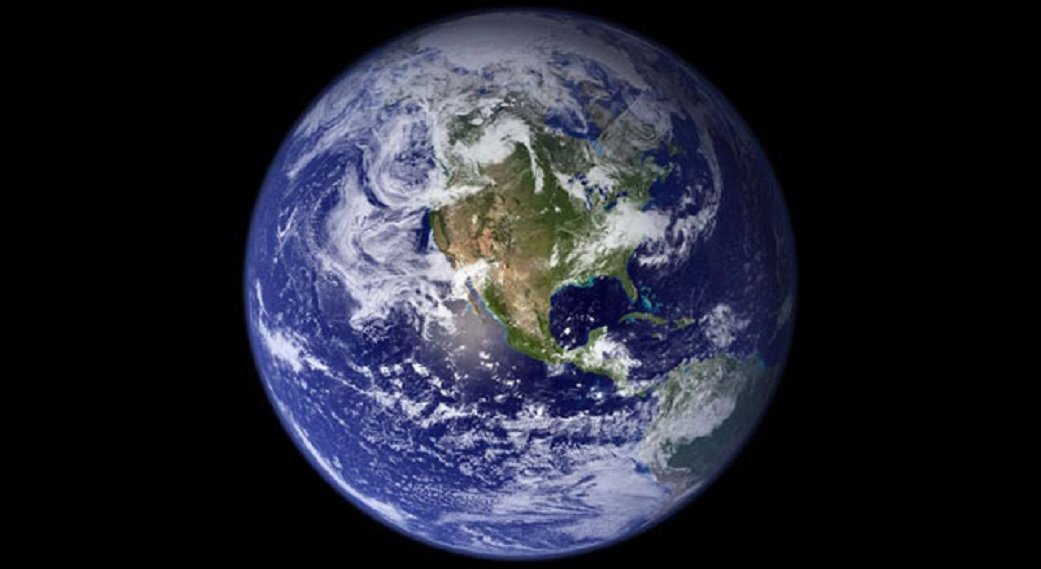
Is the #InflationReductionAct enough to meet the US's Paris Target? This @rhodium_group analysis says, not quite: but it's a lot more than what we have now. So I say do it...and then do more! We'll never tackle climate if we make perfect the enemy of good. rhg.com/research/infla…
The #InflationReductionAct "puts us within reach of US climate goals & international commitments. Equally impt, it begins to address the disproportionate effects air pollution & climate change have on historically marginalized or under-served communities." nature.org/en-us/newsroom…
The #InflationReductionAct includes:
* $369B U.S. investment in clean energy and climate action
•$30B in incentives for solar, wind and battery manufacturing in the U.S.
•$60B for low-income communities that bear disproportionate share of pollution
(see below for 3 more!)
* $369B U.S. investment in clean energy and climate action
•$30B in incentives for solar, wind and battery manufacturing in the U.S.
•$60B for low-income communities that bear disproportionate share of pollution
(see below for 3 more!)

The #InflationReductionAct also includes:
•$7,500 tax credit for qualifying individuals' purchase of new electric vehicles
•$20B to support #ClimateSmart agriculture practices
•$7.6B to conserve and restore forests & coastal habitats to protect communities
•$7,500 tax credit for qualifying individuals' purchase of new electric vehicles
•$20B to support #ClimateSmart agriculture practices
•$7.6B to conserve and restore forests & coastal habitats to protect communities

• • •
Missing some Tweet in this thread? You can try to
force a refresh








